Interviews
Racism doesn't end
One of the reasons why I married Jim, I’m sure, was because he was Caucasian and, you know, he would protect me and that would be my way to be in and acceptable and all this kind of thing and we would have children who would never have to suffer like I did.
But lo and behold…so I never thought of that, that there would be any racial aspect but when they grew up, after the teenage years, they said, “Oh, yes, yeah. Oh it was terrible. They called me, you know, Chinaman and chink” and all these name calling to my kids. And I said, “Well, it doesn’t end.” But of course they had a much more stronger sense of themselves, much more self-esteem so that they could, you know, fight back or…and they never said anything to me. But I was so shocked, felt so hurt when they told me that. That they, too, experienced racism.
Date: December 27, 2005
Location: California, US
Interviewer: John Esaki
Contributed by: Watase Media Arts Center, Japanese American National Museum
Explore More Videos
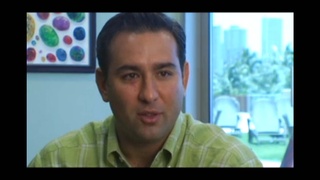


Never feeling discriminated against in Hawai‘i
Hawaiian businessman, developer.

Grandfather's arrival in the U.S., experiencing discrimination
(b. 1939) Japanese American painter, printmaker & professor

Moving to Upland Post-Camp
(b. 1930) Half Japanese and grew up in both Japan and the United States.
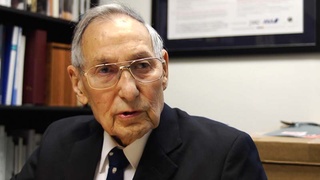
Discrimination in Air Corps
(1918-2022) Hapa World War II veteran, pilot
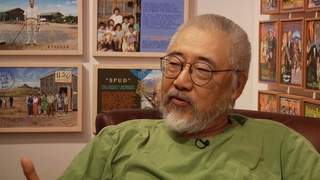
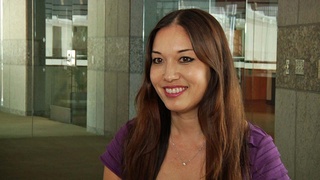
Daughters want to identify with their cultures
Jewish Japanese American journalist

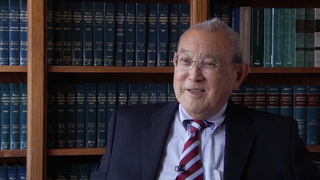
“I could never get a job offer from a private law firm”
(b. 1934) The First Japanese American Appointed to the U.S. Court of Appeals.

Difficulty responding to the question "What are you?"
(b. 1965) filmmaker and artist
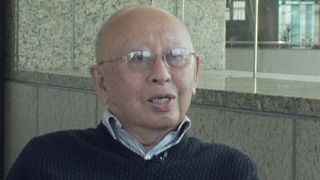

Resettling in Chatham
(1941-2018) Japanese Canadian photojournalist and activist


